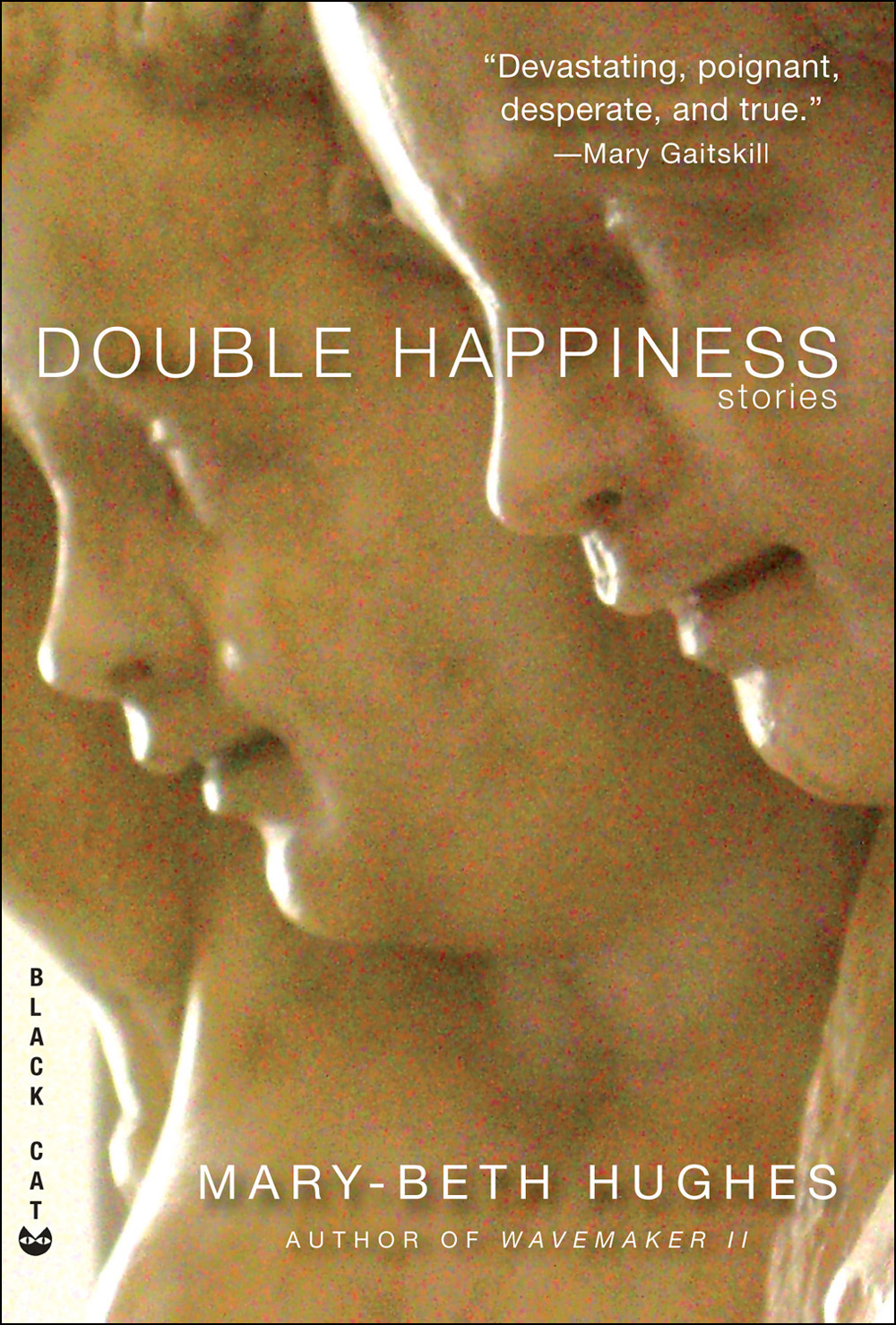
Double Happiness
Stories
- اطلاعات
- نقد و بررسی
- دیدگاه کاربران
نقد و بررسی

Starred review from April 26, 2010
The reader eagerly waits for the hammer to fall in these 11 wickedly drawn stories by the author of Wavemaker II. Hughes’s characters are skillfully delineated modern types, caught off-guard and vulnerable, such as Raymond, the glib, successful writer of “The Aces,” who, while in Rome with his pregnant wife, runs into a former fling that ended badly: “Kind of comic, really, but then he remembered that maybe he’d been a bit of a bastard.” In the marvelously rueful “Blue Grass,” the young woman narrator senses that her longtime lover is becoming less attracted to her, and an unlikely triangle forms as the narrator becomes attracted to her just-buried sister’s boyfriend. Each of the tales opens out to surprising plot twists, such as in “Guidance,” which recounts the surreal adventures of a model who had been living the high life in Tokyo before marrying an older, rich American bad guy, becoming pregnant with twins, and essentially being imprisoned within a walled compound in Jakarta. The resonant title story, set in the aftermath of 9/11 as a mother comes to terms with the loss of her son, caps this intensely moving collection.

May 15, 2010
Everything about this slender collection of 11 stories from Hughes (Wavemaker II, 2001) rings true except for its ironic title.
Two stories set the pattern for the others. In"Guidance," an amusingly nitwit leg model named Fawn, spirited off to Jakarta by her much older bridegroom, offers fatuous observations about Indonesia's deeply polarized economic climate as she gradually reveals what she's scarcely noticed herself: The have-nots have abducted her as a hostage. In"Rome," Olivia, a sensitive daughter necessarily kept blind to the realities of her parents' uneasy marriage, gets a glimmer of their secrets. The other stories feature adults who have to work harder to ignore the harsh facts of life but mostly manage to do so by concentrating obsessively on minutely rendered details. The mother in the lapidary"May Day" thinks about the waves off the marina, the spring flowers—anything but the impending arrival of her estranged daughter Melody. The dutiful dancer in"Pelican Song" does her best to help her mother escape the new husband whose abuse her mother is determined to overlook. The hero of"Roundup" focuses on the breakup of his architectural firm but ignores the more seismic shifts in his family. The title character in"The Widow of Combarelles," juggling problems great and small, only gradually realizes how much deeper her friend Coren's pain is than her own. In"Blue Grass," a young woman struggles to come to terms with her sister's death from cancer through a complex dance of memory and denial. In"Horse," a foundering Atlantic City honeymoon is both mirrored and salvaged by the couple's preoccupation with the famous Diving Horse's refusal to dive."The Aces," the most conventional of the bunch, uses a second honeymoon to Rome to motivate a series of flashbacks showing the marriage declining because the partners just don't get it.
Only the title story, an anti-elegy for a World Trade Center victim, demonstrates explicitly how apt Hughes's title is, for the mourners' happiness is so rare and fleeting that they're doubly happy to feel happy.
(COPYRIGHT (2010) KIRKUS REVIEWS/NIELSEN BUSINESS MEDIA, INC. ALL RIGHTS RESERVED.)




دیدگاه کاربران